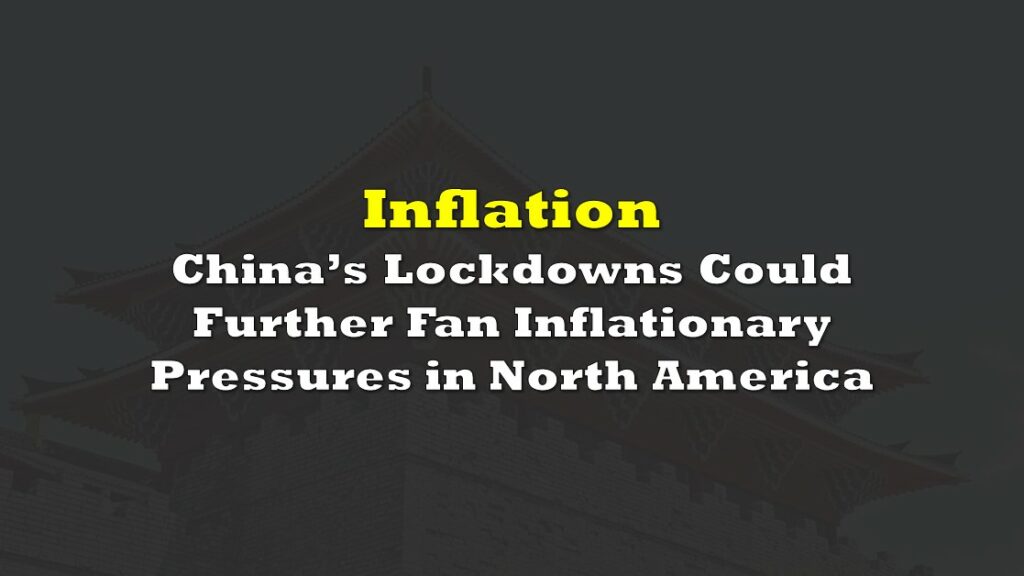In a move marking a significant milestone in its efforts to revamp debt, Zambia has reached a deal with two major Chinese state-owned lenders to restructure $1.5 billion of debt, according to the country’s Finance Minister, Situmbeko Musokotwane. This development is a notable step forward in resolving a complex debt restructuring process that has been ongoing since Zambia became Africa’s first pandemic-era sovereign defaulter in 2020.
The debt restructuring agreement includes Zambia’s obligations to China Development Bank (CDB) and Industrial and Commercial Bank of China (ICBC), both of which are state-controlled financial giants. According to Musokotwane, who disclosed the news during his 2025 budget speech, the agreements are in principle and represent one of the largest remaining hurdles in Zambia’s debt overhaul.
Zambia, one of Africa’s most indebted countries, has been engaged in protracted negotiations to rework its debts to a multitude of creditors. The nation’s financial struggles were exacerbated by the COVID-19 pandemic, which significantly hampered its economic stability and ability to meet its international financial obligations. After defaulting in 2020, Zambia embarked on a complex debt restructuring program, seeking relief to stabilize its economy and enable sustainable growth.
The recent agreements with CDB and ICBC are pivotal to the ongoing restructuring process. As of June 2023, Zambia owed $469 million to the China Development Bank alone, according to figures from the country’s finance ministry. The debt owed to the two Chinese lenders represents a substantial portion of Zambia’s liabilities, making their inclusion in restructuring negotiations critical to the country’s path to financial stability.
The International Monetary Fund (IMF) has been actively involved in overseeing and supporting Zambia’s financial restructuring. Zambia is currently in the midst of a 38-month IMF program that aims to help the country manage its debt and spur economic reform. Musokotwane noted that the IMF has found the deals with the Chinese lenders to be in alignment with its program parameters, indicating that the debt relief Zambia is receiving is consistent with the terms set by the IMF.
“The next step is to finalize the agreements for execution,” Musokotwane stated, highlighting that the in-principle agreements are not yet finalized but represent a crucial advancement in the negotiation process.
China’s debt trap diplomacy
While the agreement provides relief for Zambia, it also brings attention to China’s broader lending practices, often labeled by critics as “debt-trap diplomacy.” This term refers to a strategy where China extends significant loans to developing nations, often for infrastructure projects, that those nations struggle to repay.
China has been the largest lender to African countries in the past decade, offering more than $150 billion in loans between 2000 and 2020, primarily for large-scale infrastructure projects like roads, airports, and energy facilities. As these loans have accumulated, many African nations, including Zambia, have struggled to manage their debt burdens, leading to concerns that Beijing’s lending practices may be exploiting financially vulnerable countries to extend its geopolitical influence.
Chinese officials typically reject the notion that they are engaging in debt-trap diplomacy, arguing instead that their loans are intended to aid the development of recipient nations and that they are flexible when it comes to debt restructuring. However, transparency issues have emerged, with critics pointing to the lack of public information on the terms of Chinese loans and restructuring processes.
Zambia’s relationship with China is emblematic of the dynamics between many African nations and Beijing. China has long been a major investor in Zambia, particularly in sectors like mining, construction, and telecommunications. The loans to Zambia have funded crucial infrastructure developments, but they have also contributed to the country’s rising debt.
The restructuring agreement is seen as a step toward normalizing Zambia’s debt relations with China, but it also highlights the broader issues of fiscal sustainability and sovereignty faced by countries heavily indebted to Beijing. For Zambia, restructuring the debt provides some relief and aligns with the terms set forth by its IMF program. However, it does not erase the long-term economic ties or the challenges associated with its substantial Chinese debt.
In addition to the deals with Chinese lenders, Zambia is progressing on agreements with other creditors. Musokotwane noted that in-principle deals have also been reached with South African bank Nedbank Group Ltd. and Chinese telecommunications company ZTE Technologies, both of which hold significant portions of Zambia’s debt. Finalization of these agreements is ongoing, indicating that Zambia’s debt restructuring efforts are not limited to Chinese lenders but encompass a range of international obligations.
Information for this briefing was found via Bloomberg and the sources mentioned. The author has no securities or affiliations related to this organization. Not a recommendation to buy or sell. Always do additional research and consult a professional before purchasing a security. The author holds no licenses.









